It is becoming common to use the words “rich” and “Arab” together despite the current world economic crisis. The oil boom has changed the majority of the middle east from a pile of sand to luxurious accommodations and sky scrapers in less than 2 decades, housing major corporations and companies of the world. Dubai is a very good example to show that ambition and money can create one of the biggest cities in the world.
With a population of a little over 2 million, Dubai hosts more than 80 percent foreigners (non-Emirati) to fuel a sustainable economy. In 2016, the oil reserve of Dubai is expected to vanish. As this is the case, only 6 percent of the current economy depends on oil export, while the majority comes from hotel and tourism. The prosperity not only lifted the living standard of the Dubai citizens, but it has also created opportunities for immigrants from other countries. This same success story extends to many other neighboring Arab countries and states earning the region a higher status of wealth and prosperity. The motive behind such a fast pace success is not democracy as some spectators preach, but an ambition to lift the entire region and highlight it on the world map. Perfecting democracy takes generations but Dubai has showed the world that lifting a society to a higher living standard can be accomplished in less than half a century.
Most of the rich Arab countries are led by a constitutional monarchy where the central power is held by a royal family. The world standard of democracy is a bit altered to best fit the tradition and culture of the regions. As a result, a society competitive with the western countries is developed at a faster pace in less than half a century unlike the US, one of the most democratic countries in the world, that took centuries to reach to the current state. It is undeniable that the discovery of oil has played a great role to create massive wealth in the Arab world, but the habit of the leaders to take risk and handle fast pace decisions facilitated the progress significantly. Washington is crowded with politicians aligned with two party lines, as some call it bipolar politics. Instead of passing bills that could potentially lift the economy, politicians work effortlessly to destroy the integrity of opponents just to get re-elected.
The goodies Ethiopia needs to learn is not the democracy that will eventually turn to bureaucracy, but pure ambition and attitude that will lift the country out of poverty. Reviewing the past governance of Ethiopia, the country has been led by series of feudal systems for centuries. Perfecting the currently established democratic system will take many decades if not centuries. As a result, the economic growth will be deterred if citizens can’t get along and take a fast pace decision making. This has worked for the Arab world, and it will work for Ethiopia if hateful politics is avoided. All in all, when we get along with each other and move forward together, everything will be possible because we are blessed with lots and lots of natural resources, including oil and natural gas.
By: Gedion Yitbarek





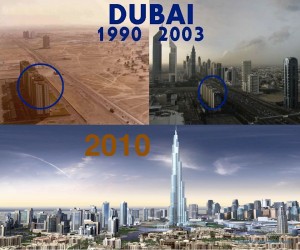



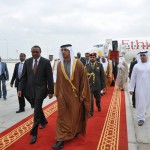




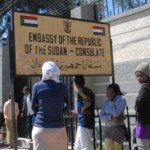

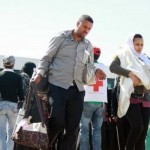
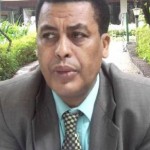








![Addis Ababa Light Train Project Progress [Picture + Video] Addis Ababa Light Train Project Progress [Picture + Video]](https://www.ethiopianopinion.com/wp-content/plugins/top-10/timthumb/timthumb.php?src=http%3A%2F%2Fwww.ethiopianopinion.com%2Fwp-content%2Fuploads%2F2014%2F06%2F568236dd-150x150.jpg&w=&h=&zc=1&q=75)


I think the context of Ethiopia and the Arab rich countries is completely different to talk about what the former could learn. The growth of the latter is essentially based on petroleum, not the result of excellent economic and political management.
Meanwhile, we can talk on the assumption that Ethiopia will discover huge petroleum deposit, in which case it should emulate the positive political and economic management of countries like UAE.
You’re absolutely right. The idea is let’s get along and take a fast pace decision making. If we trip each other in the name of democracy, we will not even see a drop of oil. Ask yourself, if the Arab countries didn’t get along and focus on changing their life using their resources, would they be this wealthy?